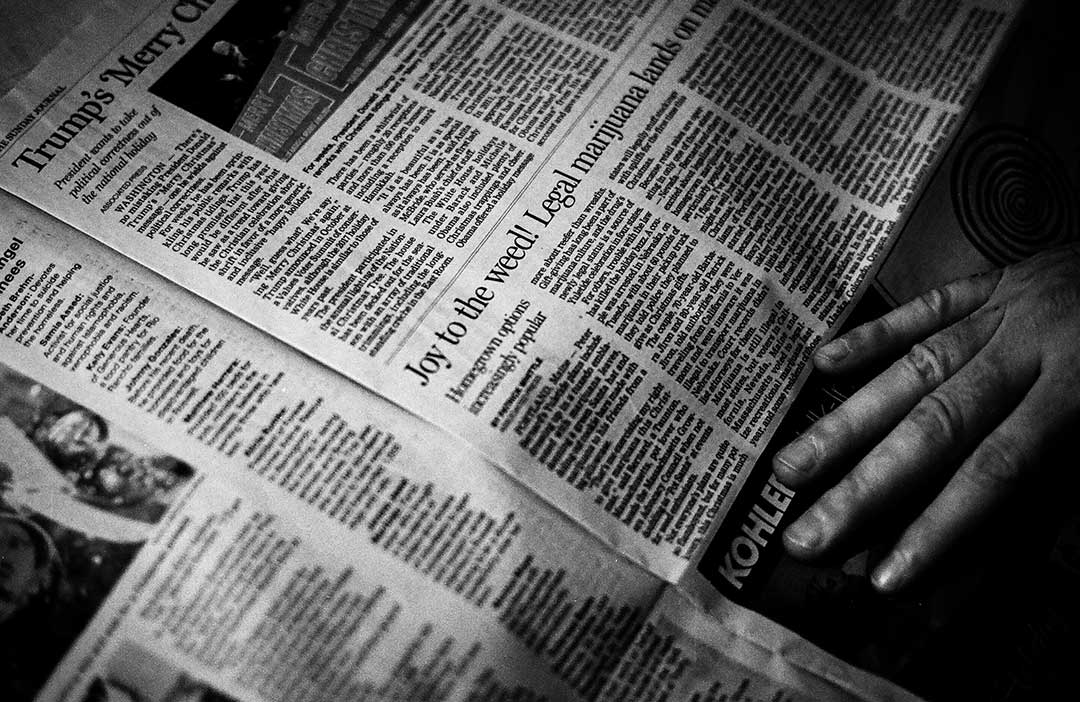Photo by JC Gellidon
A familiar face is a great way of building a strong brand in the hospitality industry. Of course, this has always been more of a marketing sentiment than a literal truth. In an ideal world, a loyal guest should be welcomed by a property as though they are an old friend ... but what are the chances they'll actually be recognized by any of the staff amidst the hustle and bustle of a global franchise with millions of employees? And while loyalty program access points and unique identifiers such as loyalty cards, names, and email addresses can certainly trigger a conversation that begins with "So nice to see you again!", there's a little bit of magic when a familiar face is spotted from the crowd and given that extra ounce of service.
After all, facial recognition dives deep into human nature and addresses how people actually interact with each other - which is why facial recognition technologies pose such powerful opportunities for the evolution of loyalty programs, especially within the hospitality industry. Does this mean you should simply plug in the latest state-of-the-art system and expect immediate glowing results? Facial recognition, like any other tech, is a tool that when well-wielded can give a competitive edge to innovative thinkers ... but there are also a few salient challenges that could potentially bog down success (or at least keep facial recognition technologies from rising to their fullest potential). Here is a peek at some of the opportunities and challenges that exist for facial recognition tech in the hospitality industry right now:
Opportunity: Efficiency For Guests And Properties
This is perhaps the biggest motivating factor driving facial recognition technology use-cases at the present. Facial recognition is exploding as a way to facilitate expedient ways of connecting with the world around us. As a matter of fact, when I sat down to write this paragraph, I simply opened up my new laptop, peered into the camera, and was instantaneously logged-on. No passwords required, thanks to the built-in facial recognition tech. In the world of hospitality loyalty, these systems are becoming more prevalent: in China, a joint venture between Alibaba Group and Marriott International is spearheading a facial recognition check-in pilot with Fliggy, Alibaba’s travel service platform. According to estimates, the traditional hotel check-in process takes at least three minutes; with this facial recognition pilot, the delay can be reduced to less than one.
Challenge: Maintaining The Human Touch
Facial recognition technology for the sake of automation and efficiency might seem lucrative from a bottom-line perspective. The problem? The best loyalty platforms go far beyond the simplistic "costs against revenues" format when examining program success. And for the hospitality industry, engaging guests with friendly smiles and a warm laugh amidst an ocean of tech and interconnected devices could be the key to preserving brand equity. What would the future of this industry look like if you could visit a hotel without ever encountering another human employee? For some brands, this might be a feasible path to explore, but for the majority, leveraging human staff to connect emotionally with guests imparts brand value that machines can't yet match. Research from STARTEK indicates that 85% of consumers prefer interacting with real humans. This isn't to say that facial recognition technology can't work - any hospitality property can effectively implement its functionality, as long as the solution is ultimately building positive brand equity and long-term loyalty.
Opportunity: Data Collection And Market Research
Facial recognition tech opens up a universe to explore, synthesize, and analyze guest data. Personal characteristics like gender, ethnicity, and age are easy wins for facial recognition, and can supplement similar information that is readily available from other channels, especially in the omnichannel ecosystems of today's loyalty environments. But what about difficult to discern, qualitative data such as fashion trends or emotional state? This can all be funneled back to loyalty marketers to compile a more comprehensive understanding of hospitality property guests for targeted strategies.
Challenge: Privacy Concerns
Don't be surprised if the above opportunity sounds a little bit like a made-for-tv version of "1984". In today's turbulent climate, consumer distrust of businesses and their use of personal data is rampant. Can you really blame them? Hacks, leaks, and breaches of privacy fill the news cycle on a near-daily basis. Further exacerbating consumer fears is the sophistication and ease that marketers can now wield tech to pull data - and facial recognition technology is no exception. The core of the concern over facial recognition stems from the fact that a person's face is such an intimate part of their individuality; having marketer's tap into that data for financial gain can definitely be disconcerting for consumers. The importance of assuaging these concerns if facial recognition tech is to be leveraged successfully can't be understated.
The importance of assuaging these concerns if facial recognition tech is to be leveraged successfully can't be understated.
While transparency, security, and permission is the foundation for building strong consumer trust, the best strategy might simply be to offer consumers real value in exchange for use of their data. Extra points, special perks - even targeted offers stemming from strong analysis of individual data profiles go a long way. This is in-line with what consumer's themselves want: according to Marketing Dive, 71% of survey respondents prefer ads tailored to interests and shopping habits, and 44% were willing to give up personal in order to get more personalized advertising.
Lanndon Lindsay is a reporter for The Wise Marketer.




